Report: Sexual violence the ‘forgotten atrocities’ of Sudan war
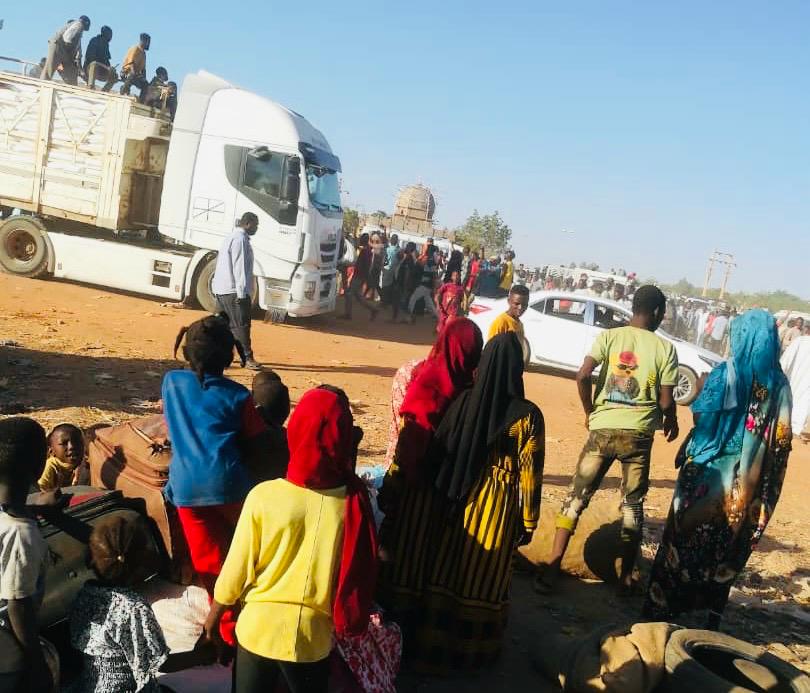
Civiliams fleeing the war from El Gezira to El Gedaref, Kassala, Sennar, and Blue Nile (File photo: RD)
Reports of conflict-related sexual violence (CRSV) being systematically employed as an instrument of war, have been endemic since the outbreak of the current hostilities that erupted in mid-April 2023 between Sudanese Armed Forces (SAF) and the paramilitary Rapid Support Forces (RSF). This following a similar pattern to past hostilities over decades, including the Darfur conflict. A new report by the Strategic Initiative for Women in the Horn of Africa (SIHA) Network examines and underscores the dire circumstances faced by Sudanese women amid the ongoing crisis.
“CRSV has been systematically employed by the RSF as an instrument of war since the Darfur conflict, continuing through other conflicts like the Khartoum Sit-In of 2019 and the recent invasion of El Gezira state in December 2023,” the SIHA Network report says. “Despite widespread documentation, CRSV remains underreported due to societal taboos and a lack of political will to address these crimes openly. This silence not only deepens the suffering of survivors but also perpetuates an environment where CRSV is normalised and used as a tactic of war.”
‘This silence not only deepens the suffering of survivors but also perpetuates an environment where CRSV is normalised and used as a tactic of war…’
Citing a recent example, the report acknowledges that in spite of the rural nature of the state and the spotty network coverage that at times has been completely blocked, news about crimes and atrocities continues to make its way onto social media channels. According to estimates from the Wad Madani Resistance Committee on the 18th of April 2024, at least 800 people were murdered, with hundreds injured. In addition, hundreds of thousands of villagers and farming communities were terrorised, tortured, and blackmailed; women and children have been held hostage in exchange for access to community savings. At the same time, their homes and harvests were robbed, and they were forced to flee their villages.
‘Women are considered as part of the ‘loot’ to which they are entitled…’
The SIHA report explains that upon invasion of a particular town or area, the first wave of violence undertaken by the RSF is focused on securing control. Upon entering villages, soldiers typically shoot into the air and begin the looting process, starting with village businesses, shops, trading centres and storage facilities, and then moving door to door. They forcibly enter these homes to search them for SAF soldiers or other combatants and use sexual violence against women and girls inside. In the process, soldiers target men, often killing them, while considering women as part of the ‘loot’ to which they are entitled (ghanima).
The report concludes that “Sexual violence crimes committed in El Gezira have not been adequately acknowledged or covered since the outbreak of war. In Sudanese society, this has been the product of sensitivities and social stigma associated with survivors of sexual violence. Less understandable is the reluctance of political elites to acknowledge or discuss the sexual violence that has been perpetuated in El Gezira. Although other atrocities, such as looting and killings, have been widely published and shared on social media, statements about sexual violence remain largely absent. This lack of acknowledgment significantly contributes to the increasing use of sexual violence crimes, turning women’s bodies into weapons of war. Despite almost 50 villages having been invaded by the RSF to date, information about CRSV in Gezira remains very difficult to obtain.”
The RSF has continued to deny all such allegations, insisting that while there might be isolated incidents involving individuals, the paramilitart militia dismissed reports of systematic atrocities as ‘fabricated’.







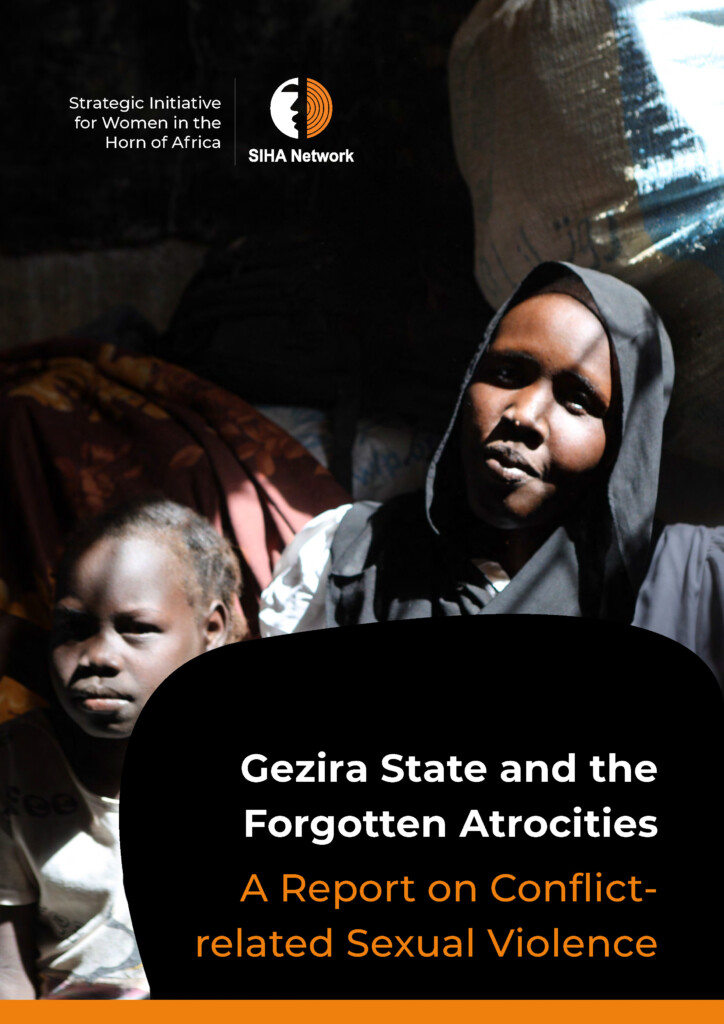
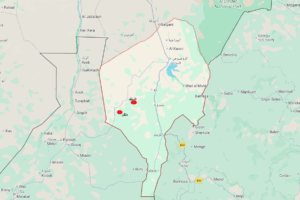
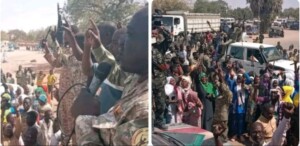
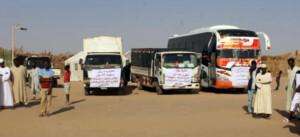

 and then
and then